Our team is diverse: MOSLA not only relies on professionals with long experiences but supports aspiring researchers.
Still building up our Project Areas, our team is yet to grow big. Have you considered to join us?
The Faces of MOSLA
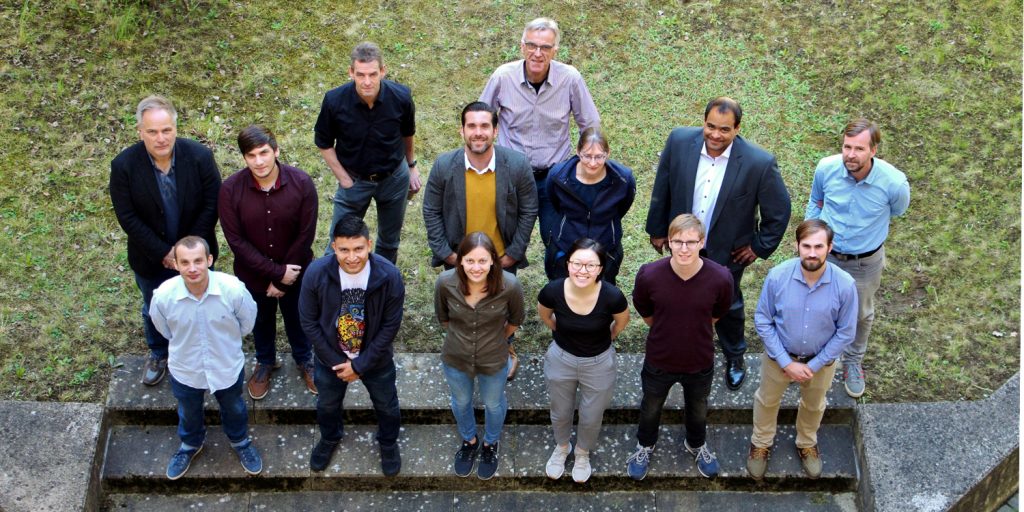
Take a look at the MOSLA-teams! MOSLA is a interdisciplinary research project. Thus, we are experts in a variety of fields. From Biology and Chemistry over Physics to Computer Science and even Public Relations – we got them all. And each of them makes meaningful contributions. While most of our research members work at the University of Marburg, you shouldn’t forget about our partners from The University of Gießen. So, let’s take a closer look at everyone and see what their work is about!
Team of Prof. Dr. Bernd Freisleben
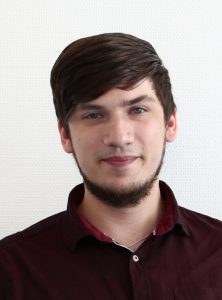
Michael Schwarz
Project Area A: Binary Codes
My main contribution to this Project will be the comparison and evaluation of various coding schemes as well as the creation and optimization of codes specialized for DNA- or molecular-storage systems.
Additionally we will try to evaluate how these storage systems can be integrated into the memory hierarchy (with a special focus on how these systems should be included into the Five-minute Rule).
Mail: schwarzx@informatik.uni-marburg.de
Phone: +49-6421 28 21561
Team of Prof. Dr. Bernhard Seeger
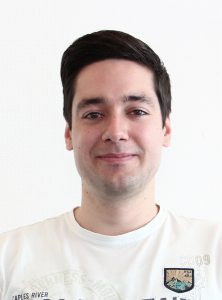
Alex El-Shaikh
Project Area A: Indexing
My contribution to this project will be the development and evaluation of primers adopted onto new index structures, allowing access to the DNA- or molecular-storage system. Furthermore, I will evaluate how the different index structures adopted in the process can be efficiently utilized to accelerate the data access (read/write) onto the storage systems.
Team of Prof. Dr. Anke Becker
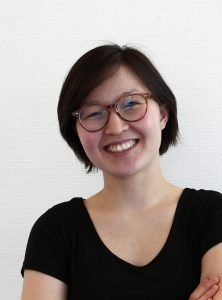
Tolganay Kabdullayeva
Project Area B: Bacterial DNS-Cloud Storages
My task in the project is to assemble synthetic DNA, bring it into bacteria, and investigate the effect of the synthetic DNA storage on the bacteria.
Mail: tolganay.kabdullayeva@synmikro.uni-marburg.de
Phone: +49-6421 28 22223
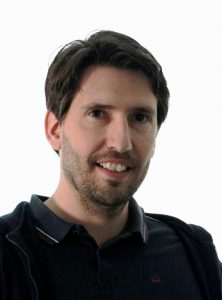
Dr. Javier Serrania
Project Area Z (and B)
My contribution includes the coordination of DNA sequencing using different high-throughput sequencing methods, such as Illumina and Oxford Nanopore sequencing. In addition, I coordinate and supervise the use of laboratory automation equipment to study, for example in long-term growth experiments, the effects of storing synthetic DNA on the bacteria.
Mail: javier.serrania@synmikro.uni-marburg.de
Phone: +49-6421 28 24452
Team of Prof. Dr. Sangam Chatterjee
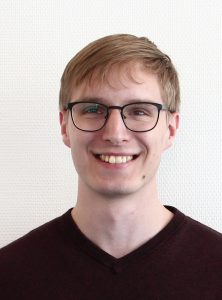
Nils Mengel
Project Area C: Cluster-based Storages
My contribution to the project will be the characterization of a powder substance capable of producing white-light when excited with a laser light source.
Here, the initial step is to find out how stable the substance itself and the process of white-light creation is under aging and harsh enviroments. This will then be followed by a test system which will be meant to show that it is possible to use the properties of the powder substance to store data.
Mail: nils.mengel@physik.uni-giessen.de
Phone: +49-641 33124
Team of Prof. Dr. Stefanie Dehnen
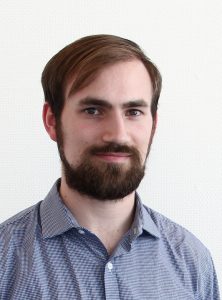
Simon Nier
Project Area C: Cluster Compound
Certain organotetrelachalcogenide clusters have extreme nonlinear optical properties: Exposed to an infrared laser diode, frequency doubling or white light emission can be detected depending on the organic remains.
For long-term archiving, these clusters are applied to a carrier material in the form of small “dots” and optically read out. The points will be assigned values of “0” and “1”. Applying can already be performed using conventional inkjet printing techniques.
Mail: simon.nier@chemie.uni-marburg.de
Phone: +49-6421 28 25752
Team of Prof. Dr. Dominik Heider
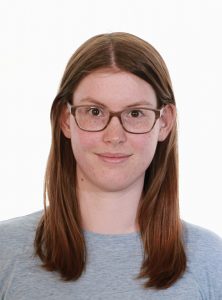
Inga Stecher
Project Area M: Management and Dissemination
This website is my main contribution to the MOSLA project. As a media studies student, I maintain both codes and content and sometimes join the Project Assistance.
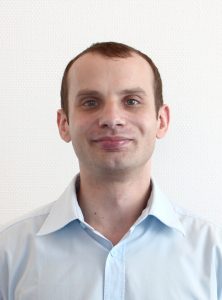
Marius Welzel
Project Area A: N-valued Codes
My research as part of MOSLA is focused on the development of non-binary error control codes for molecular data storage systems and machine learning based prediction of DNA mutation events. I am further responsible for the processing and analysis of DNA sequencing data.
Mail: marius.welzel@uni-marburg.de
Phone: +49-6421 28 21587
Team of Dr. Georges Hattab
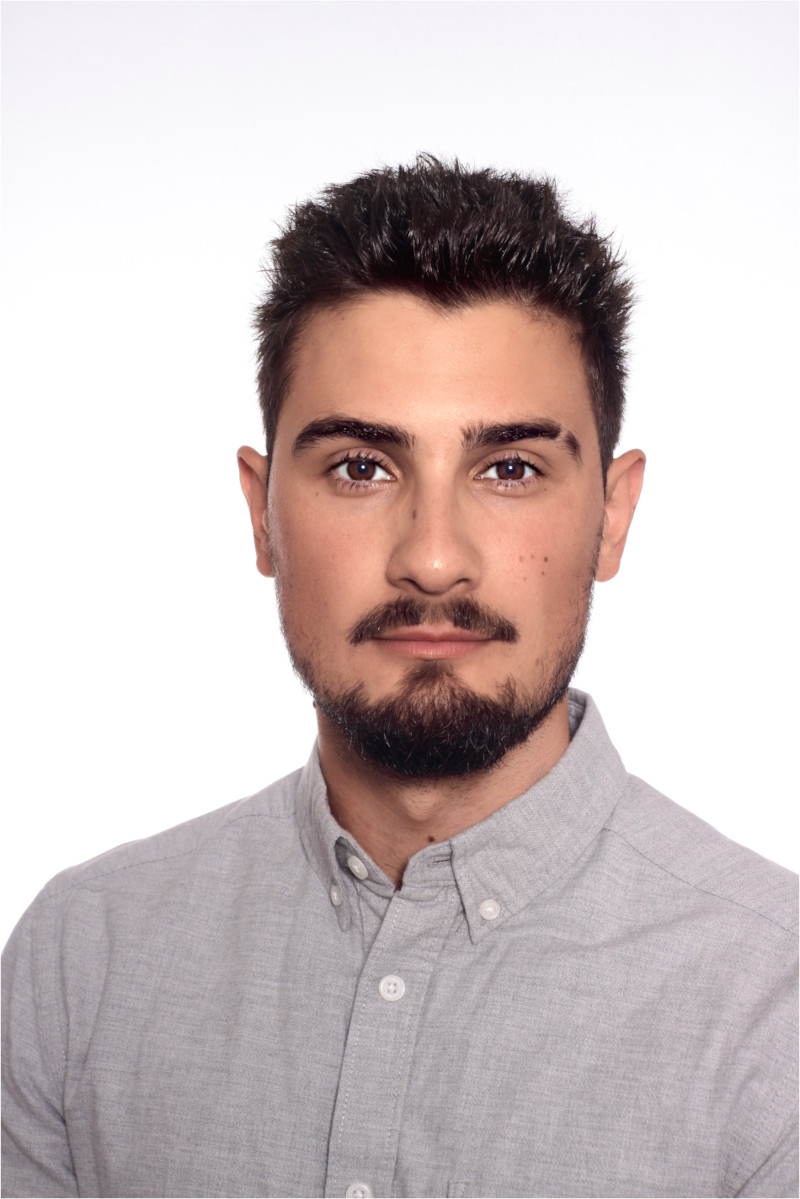
Aleksandar Anžel
Project Area A2: Analytics and Visualization
The research I am currently conducting as a part of MOSLA is about using machine learning and deep learning for modeling DNA as a storage medium. In addition, I am working on visualization for explainable machine learning and on setting up standards for real-world DNA storage applications.
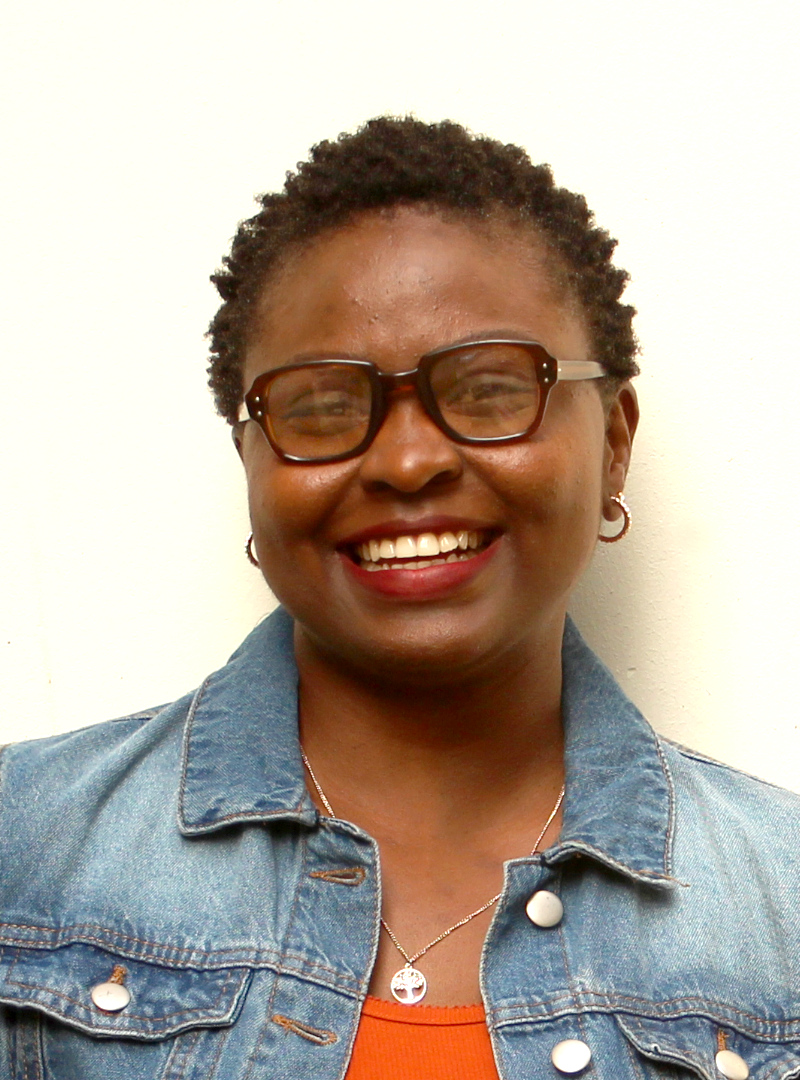
Chisom Ezekannagha
Project Area A2: Analytics and Visualization
My contribution within MOSLA focuses on developing a framework of analysis and visualization for different en-/de-coding schemes. I will visually analyse and represent the correctness of decoded information that exist in molecular data storage system and the quantitative improvement of decoding when using different en-/de-coding strategies.
Associated Partners
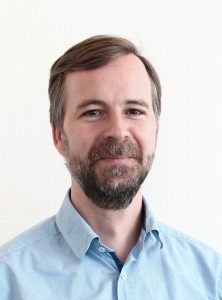
Prof. Dr. Torsten Waldminghaus
Project Area B / Z
Mail: torsten.waldminghaus@synmikro.uni-marburg.de
Phone: +49-6421 28 23338
